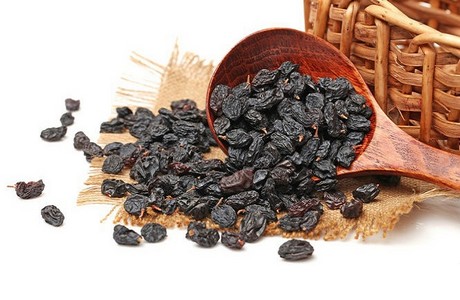 owers are fighting back against the USDA. Struggling small farmers have banded together to tell the federal government they will no longer turn over 47 percent of their raisin crop to the USDA each year. A little known and antiquated Depression era law still on the books allows the United States Department of Agriculture to seize nearly half of raisin farmers’ crops each year to “hold in reserve,” thus manipulating the supply and market price.
owers are fighting back against the USDA. Struggling small farmers have banded together to tell the federal government they will no longer turn over 47 percent of their raisin crop to the USDA each year. A little known and antiquated Depression era law still on the books allows the United States Department of Agriculture to seize nearly half of raisin farmers’ crops each year to “hold in reserve,” thus manipulating the supply and market price.The Fifth Amendment states that private property will not be taken for public use without compensation. The USDA maintains they did not violate raisin farmer Marvin Horne’s rights because they did not literally come onto the land and take his property, they merely enforced a farming regulation. Horne supporters feel that any agriculture regulation which orders a farmer to turn over even a single plant to the government violates the spirit of the Fifth Amendment and should be revoked. Not surprisingly, many small farmers have lost their land or given up raisin growing altogether because they simply cannot pay their bills when the government takes 47 percent of their crop. Horne has been facing bankruptcy due to the unconstitutional federal intrusion into his business. The proud raisin grower owns and operates the Kerman, California-based Raisin Valley Farms.
After he opted to sell all of his raisins on the open market and not turn any over to the federal government, letters announcing hefty fines began arriving in the mail. The USDA levied about $650,000 in fines against Horne; the amount now totals more than a million dollars due to interest on the unpaid fees. In addition to the huge amount of fines, the USDA also wants 1.2 million pounds of free raisins from Horne. Since the refused to turn over 47 percent of his crop and sold them all, the federal agency feels slighted and is demanding their bounty.
If Marvin Horne and his wife win their case, a ripple effect could occur for farmers growing other crops, according to a Los Angeles Times report. The Raisin Administrative Committee is only one of many similar boards created under the Agricultural Marketing Agreement Act of 1937.







